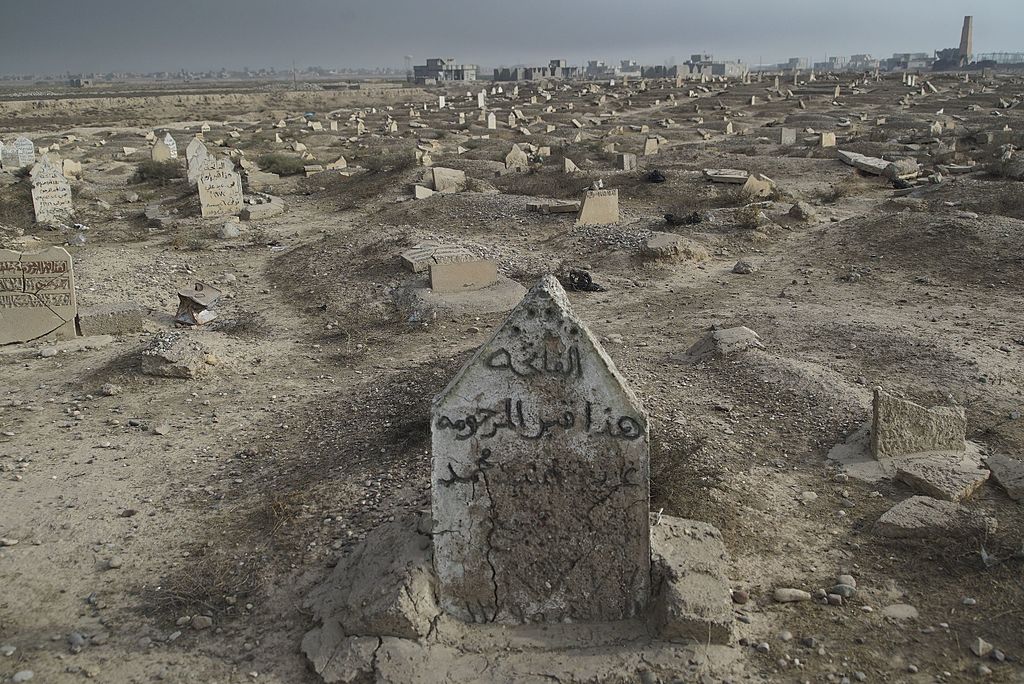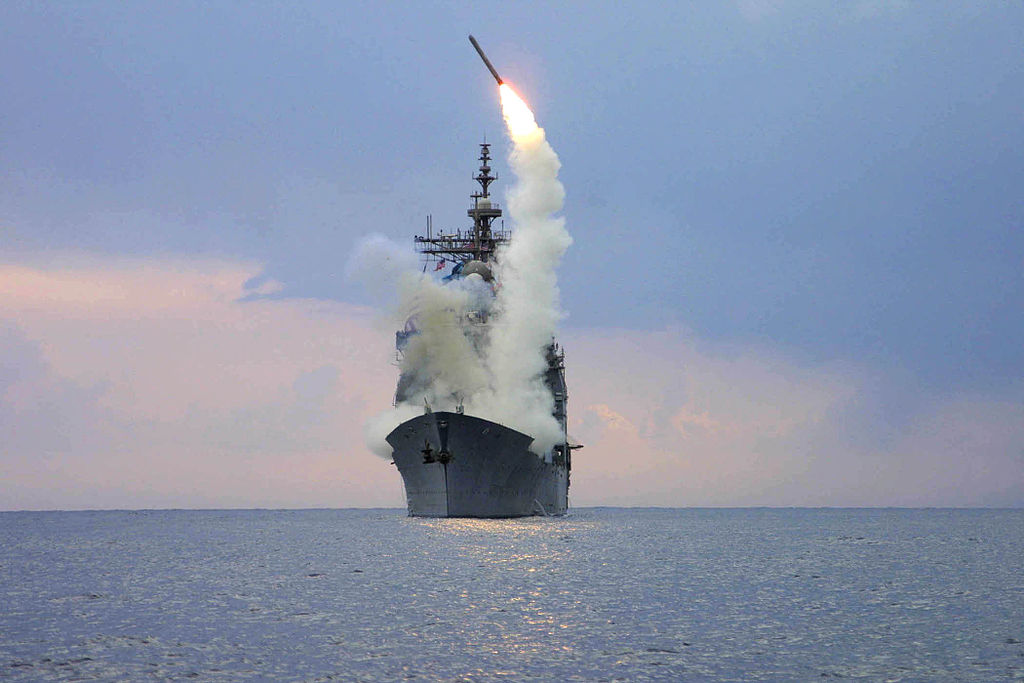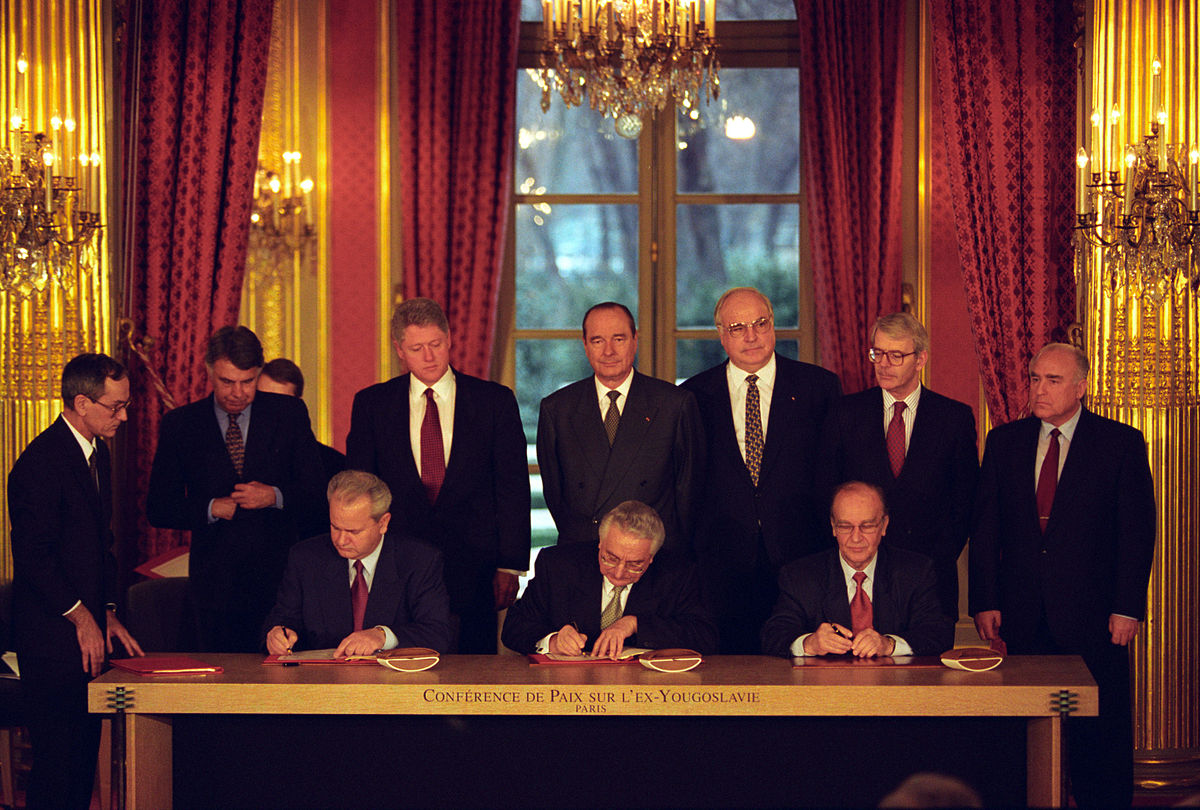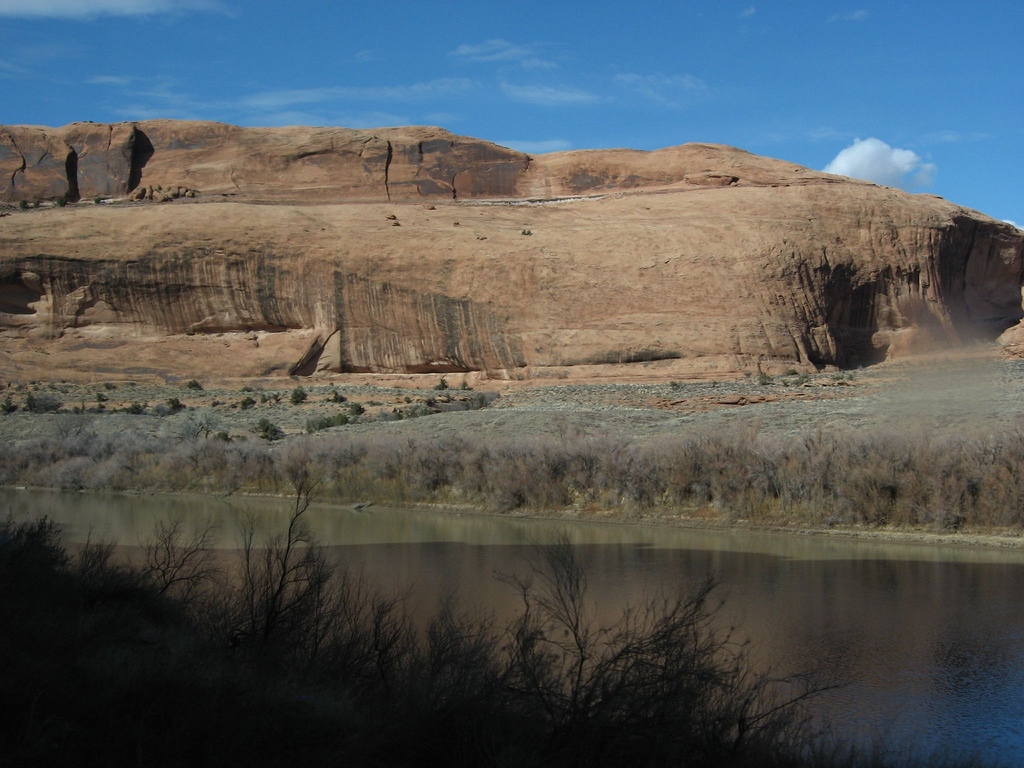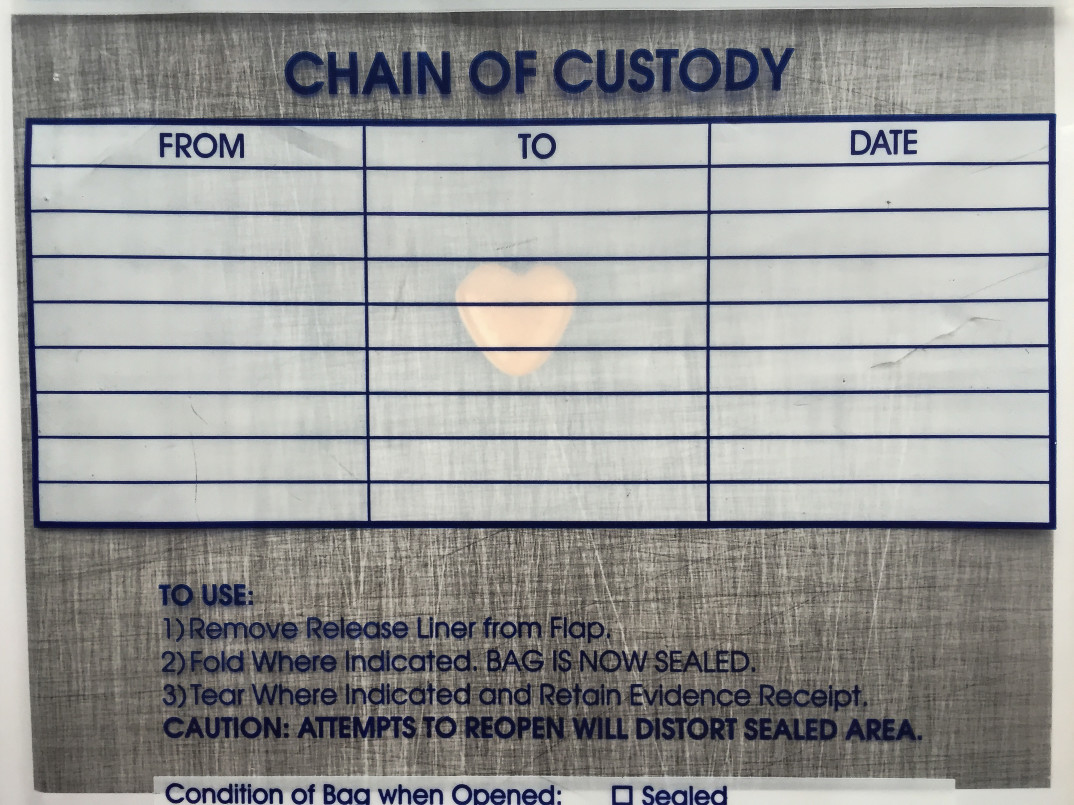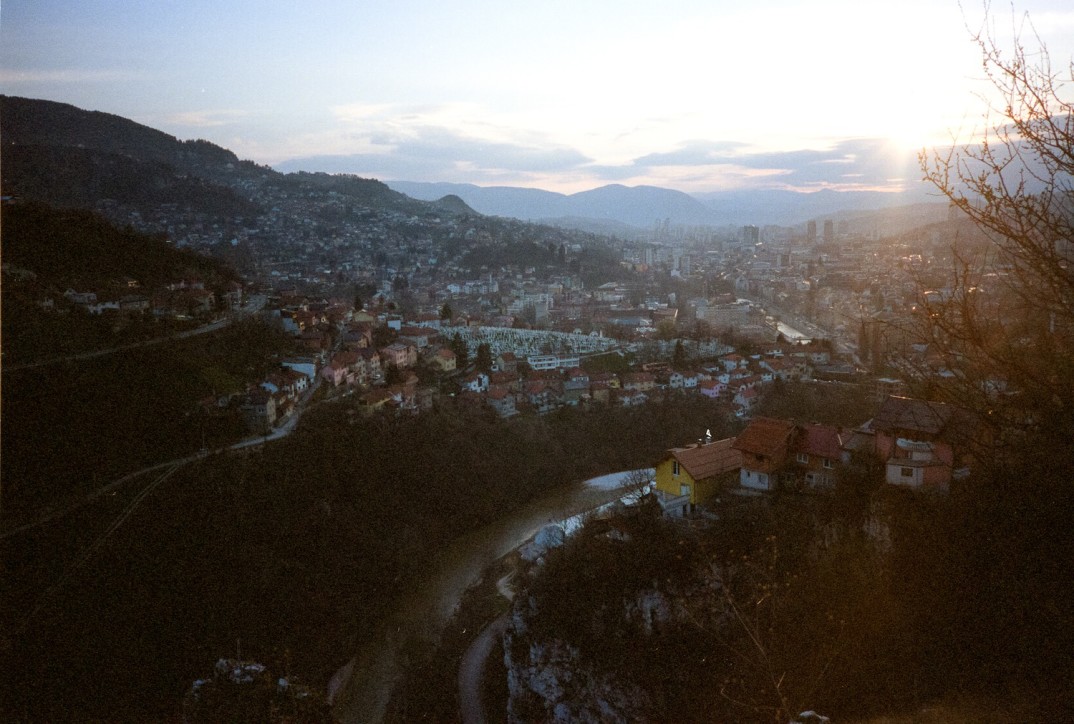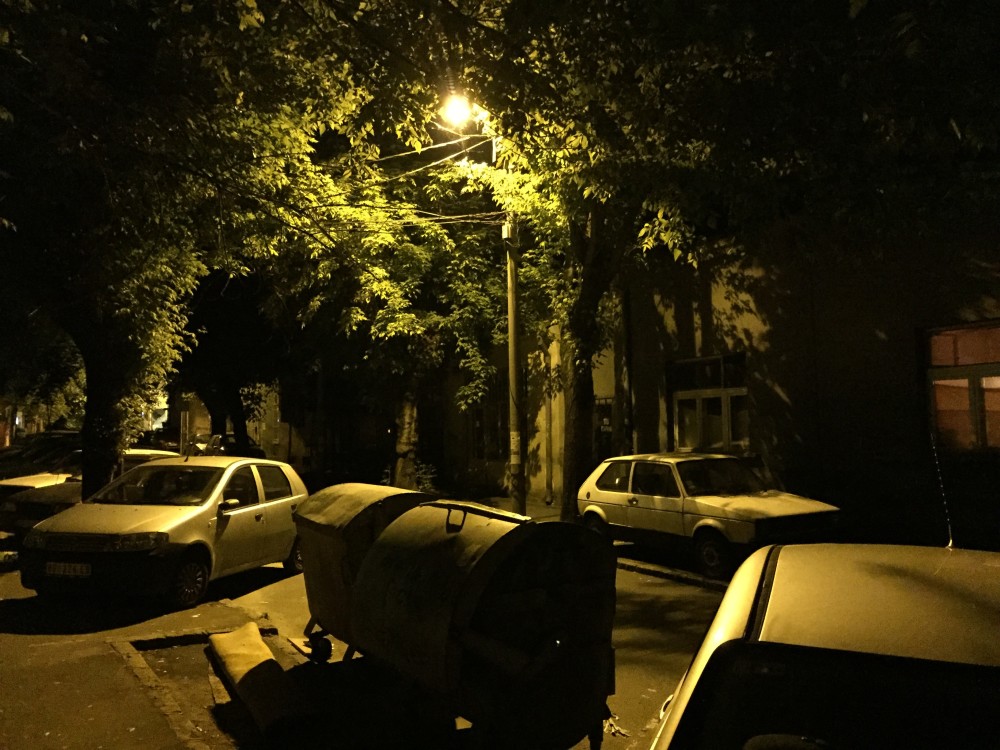Originating high in the Rockies north of Boulder, the Colorado River travels 1,450 miles to Mexico. It is a symbolic keystone of the American Southwest, known for carving the Grand Canyon and surrounding landscapes. The reality is that its water is essential for everyday life in the arid states of Arizona, California, Colorado, New Mexico, Nevada, Utah and Wyoming. 33 million people depend on it for their primary water supply. It water supports farms, ranches, cities, suburbs, tourism and a $26 billion recreation industry.
While it known for its beauty and symbolism, it is also famous for the ways in which it has been exploited. As written in The Colorado River: Flowing Through Conflict, “It is the most contested, played-upon, silt-laden, diverted, engineered, dammed, stored (four times its volume and one-fifth of its length is held in reservoirs), farmed with, and metro-dependent river in America.”
For millions of years, the Colorado River ran to the Sea of Cortez, yet this came to halt in 1998. Due to an increasing population and a changing climate, demand for its water is way higher than its supply. 12 major dams and countless aqueducts divert its water for a wide array of uses. Among the largest perpetrators is the agriculture industry, which uses unsustainable techniques to convert desert soil into food production- ensuring that us Hoosiers have unlimited access to spinach in January and February. Similarly, there are countless golf courses and backyard pools in Arizona and New Mexico- clear examples of how were are not working within the constraints of the environment. I would argue that the over-exploitation of the Colorado River is reflective of a trend of unsustainable water usage in our country, and highlights certain ethical questions surrounding environmental exploitation and climate change.
While it is true that water is essential for the life of every human, the ways in which this resource is used varies greatly throughout the world. The average American uses about 2,000 gallons of water a day in the food they eat, energy they use, and products they buy. This is two times the global average. While millions of people spend a significant part of every day transporting the water they will use for hydration, cooking, and hygiene, others flick on a faucet and have immediate access to cold and clean water. There is an apparent disconnect in more developed societies from natural resources essential to daily life, and their origins. In her article, “The Missing Piece: A Water Ethic,” Sandra Postel argues that, “in our technologically sophisticated world, we no longer grasp the need for the wild river, the blackwater swamp, or even the diversity of species collectively performing nature’s work.” We have become so “sophisticated” as a society that we no longer value the importance of the river, just not for providing ecological services, but for sustaining our own human life. This disconnect may have extreme consequences in the coming years.
Ethical concerns about water management, highlighted by the exploitation of the Colorado River, center around stewardship and equity. The Tragedy of the Commons may be a beneficial tool in understanding part of the problem with water as a public resource. In this case, rational acts in self interest are irrational and harmful to the needs of the greater community. Postel further asserts that “our stewardship of water will determine not only the quality but the staying power of human societies.” How do you convince societies to sacrifice some comforts for the wellbeing of people who have not yet been born? In terms of water, the time table might be even shorter. In this case, the question is not about leaving a habitable planet for future generations, but ensuring that, within our lifespans, we leave enough water for our older selves.
Water is a renewable resource, given that we do not extract it past a sustainable yield. For rivers, this means understanding the processes that create them, and working within the boundaries of sustainability. The exploitation of the Colorado River is a clear case of unsustainable water management. This will have significant consequences in the coming years, when this water is not only needed to fill our swimming pools, but to hydrate our citizens on the most basic level. Conflict over water rights will only increase in the coming years, as climate change continues to take its toll. Wars have been fought over oil as a resource, so it would not be surprising if conflicts over water management accelerated into violence.
I argue that, as a society, we must shift away from our current utilitarian view of water, which disconnects us from our most basic reliance on it as a species. We must confront our ever-growing demands of water and work within the ecology of freshwater systems to ensure a future for many species, including our own. Postel calls for a new ethic that says, “it is not only right and good but necessary that all living things get enough water before some get more than enough.” It will be a race against time for societies to collectively produce this new ethic before the environmental consequences of climate change have taken their full effect.

